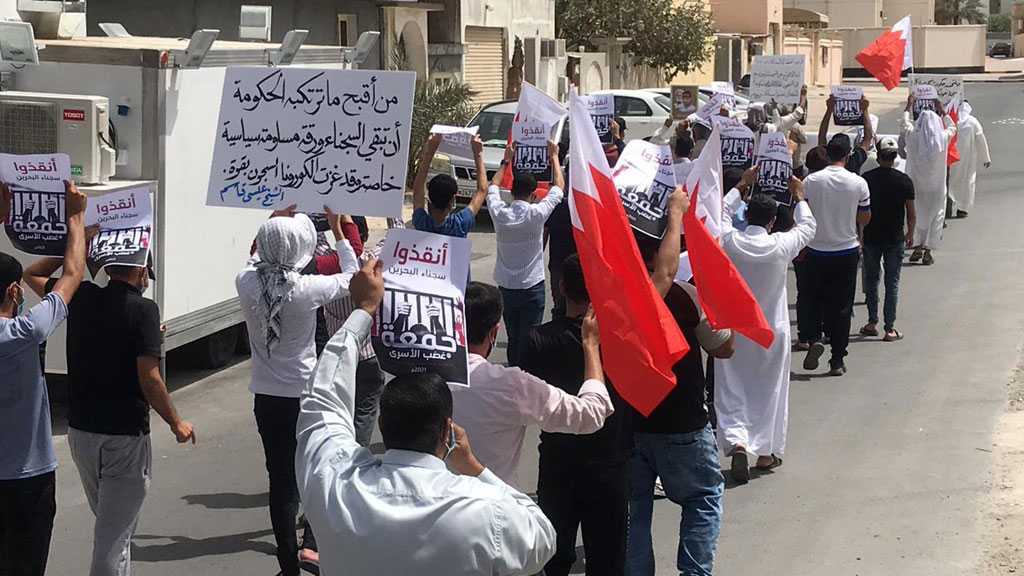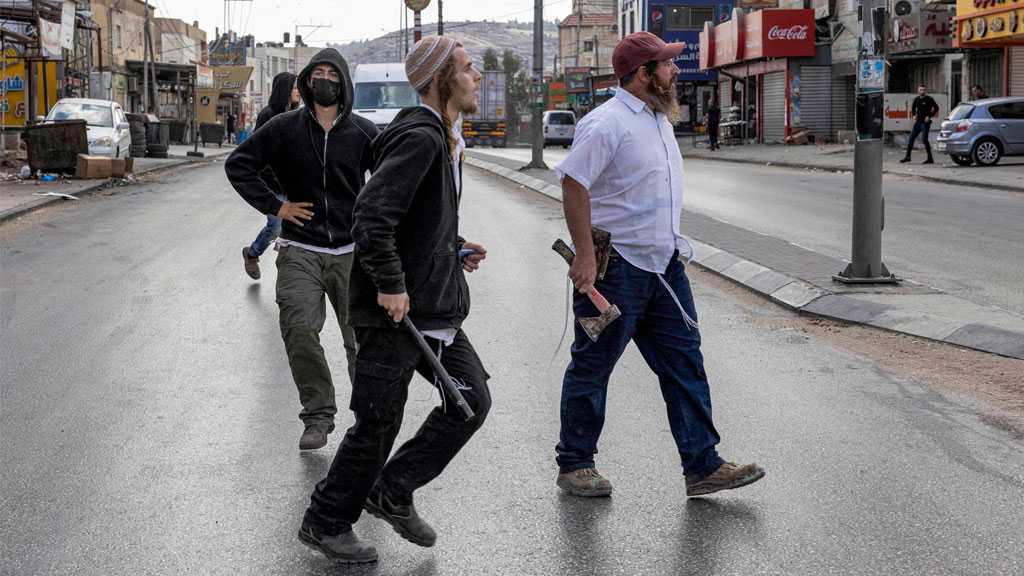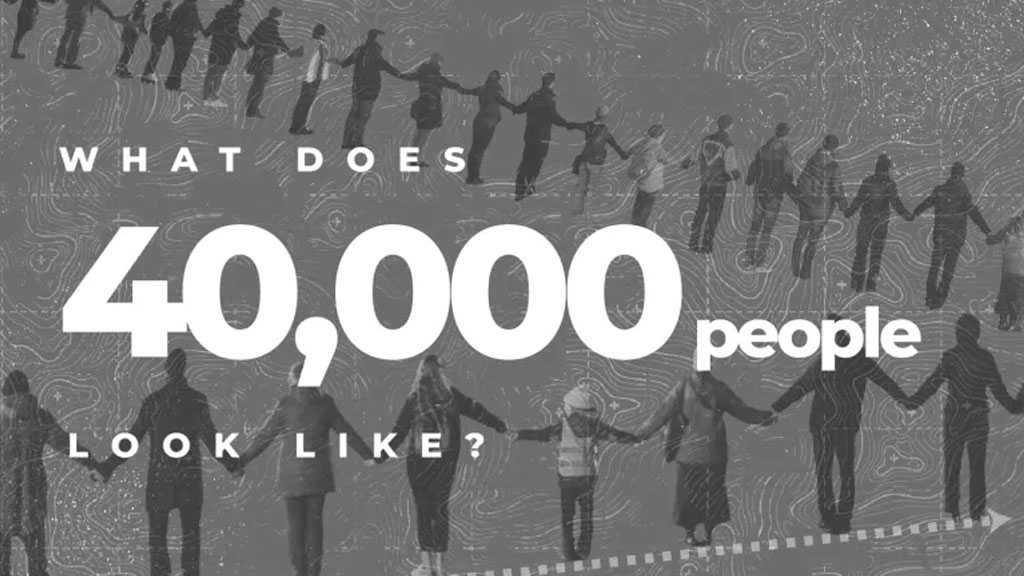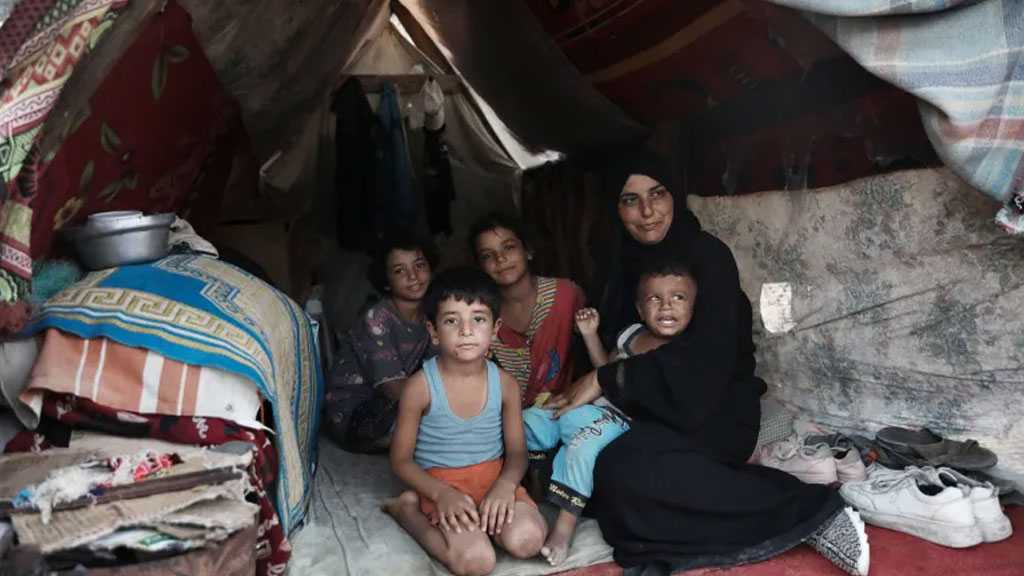COVID Outbreak in Prison Sparks New Protests in Bahrain

By Brian Dooley- Human Rights First
After years of relative quiet, something new is stirring in Bahrain. The kingdom’s security forces seem unsure how to react.
Conditions in the country’s main prison, Jau, are notoriously appalling. The jail hosts a combustible mix of young men serving long sentences, many of whom have been tortured. With an official capacity of 1,201, Jau prison is now conservatively estimated to be holding 2,700 inmates.
They are crammed into cells and complain of regular beatings by guards. Physical and psychological torture have long been systematic. It was no surprise in 2015 when a riot erupted in the prison.
Last week, Bahraini authorities said that a COVID outbreak in Jau had been isolated, the virus contained, and that all positive cases were stable and able to receive medical treatment.
This week, the continued outbreak of COVID in Jau sparked a wave of protest that could signify a turning point for Bahrainis’ human rights.
In street protests across the country, Bahrainis are decrying the dangers their incarcerated sons, husbands, and brothers face from a COVID outbreak at Jau prison. Protestors, mostly women, are demanding the release of their loved ones.
The family of Sayed Nizar Alwadaei, who was being held in Ward 3, Building 21 of Jau Prison, told me last week that Sayed had tested positive for COVID-19. Since learning that he’d contracted COVID, Sayed’s family had heard nothing from him, and knew nothing of what medical attention he might be receiving. They told me that dozens of other prisoners had also tested positive.
When I called the prison, an officer told me that information about the virus in Jau was “restricted,” and advised me to consult the Ministry of Interior’s Instagram account for updates.
On Saturday, Sayed’s family informed me that despite his testing positive for COVID-19, Sayed remains locked in a cell 24 hours a day with four other prisoners at risk for infection.
Khadija Ashoor’s husband, Fadhel Abbas Aljazeery, is serving a 32-year sentence and is currently in Jau’s Building 12. Khadija said she joined Bahrain’s street protests to condemn his mistreatment, and that her husband is being denied adequate food, soap, and PPE despite the COVID outbreak. She hadn’t heard from him for six days.
Bahrain’s dictatorship, backed by successive US administrations, has increased its repression against peaceful dissent over the last decade. Its leading human rights defenders and political opposition leaders are in exile or imprisoned at Jau. There is no independent media in the country and only pro-government political groups are allowed to exist. International human rights groups are banned, and Human Rights First has been shut out of the country since 2012.
Large-scale demonstrations for human rights and democracy in Bahrain were violently suppressed in 2011, but never stopped entirely. Still, the latest protests are bigger than any recent demonstration, representing a new surge of energy. So far, police have patrolled the protests without breaking them up.
While some members of Congress have consistently raised concerns about Bahrain’s human rights record, neither the White House, Pentagon, nor State Department has done much over the last decade to press their military allies to reform. The 2020 Country Reports on Human Rights Practices issued last week by the State Department bafflingly states that in Bahrain, “impunity was not a significant problem in the security forces,” when U.S. officials know that no senior official in Bahraini security forces is being held accountable for the routine torture.
It’s far too early to know if Bahrain’s pattern of an uprising every decade without systemic change will continue, or if these latest signs of resistance are the beginnings of something more. But this week’s protests look like something different. And if prisoners or prison staff start to die from COVID, the government might have a whole new problem on its hands.




